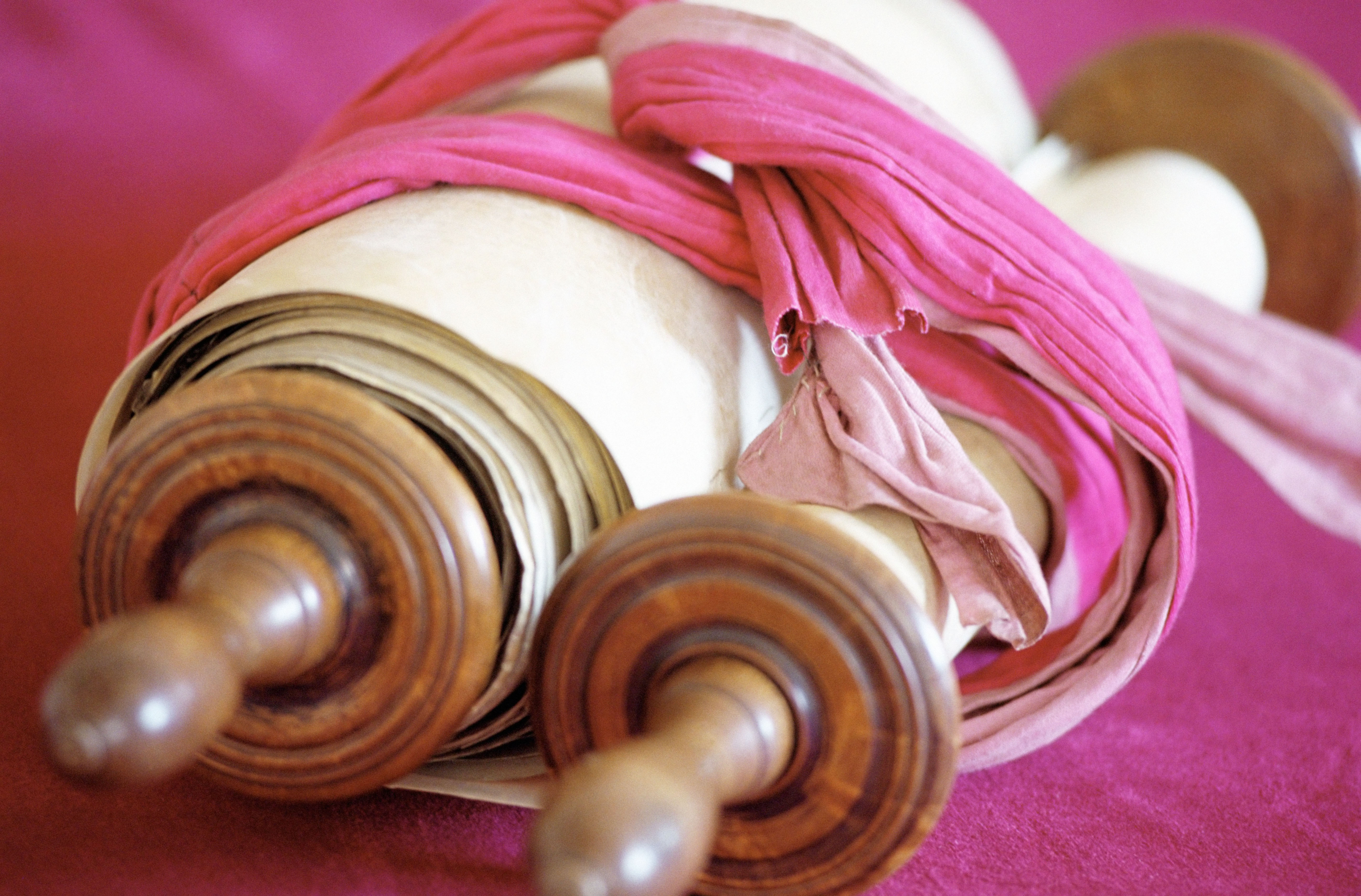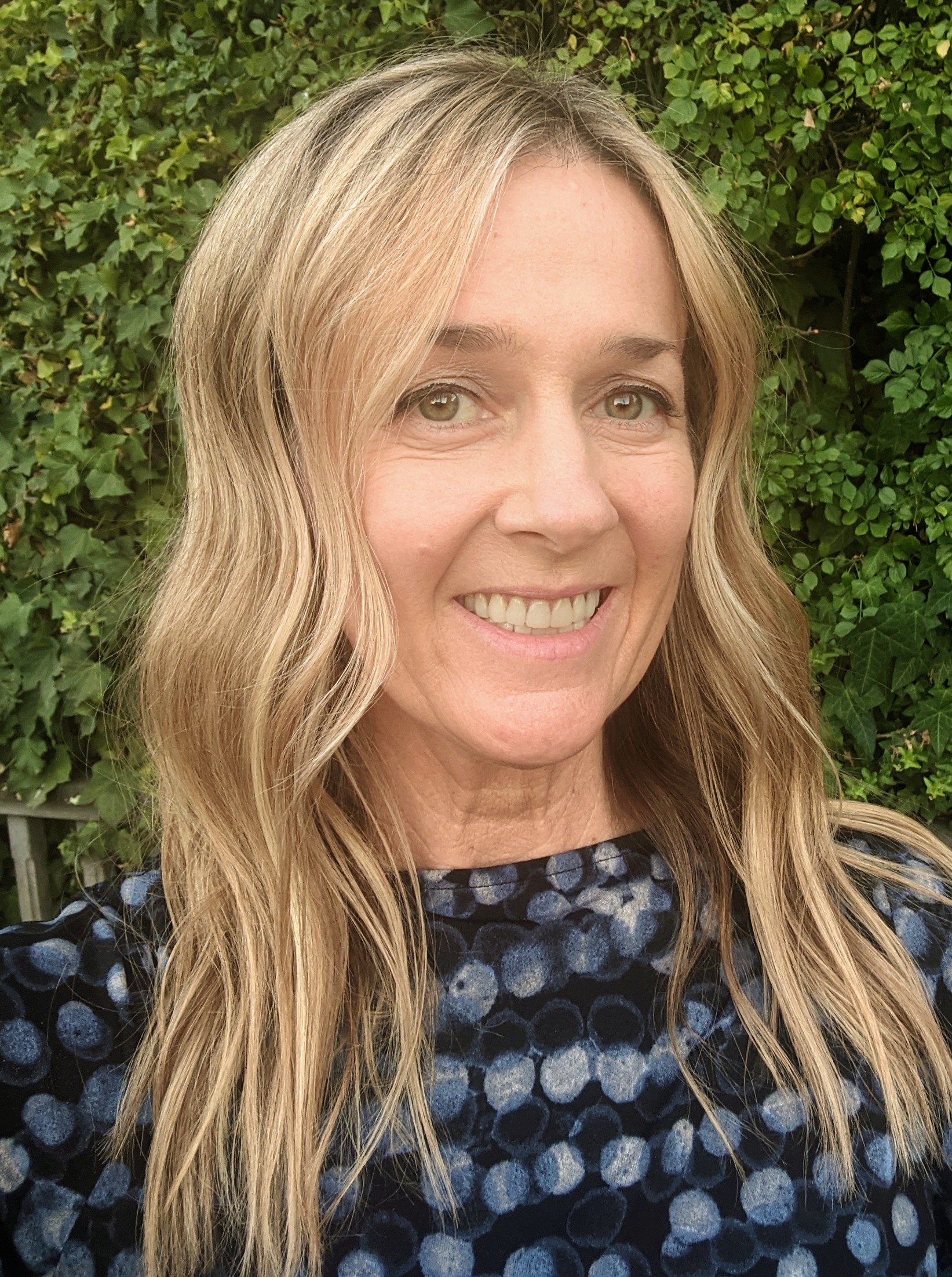
Today's fast-paced world of brief information exchanges and impulsive communication seems to be moving us away from actually connecting to one another. Modern technology allows us to communicate with anyone, anywhere, anytime, and yet, we're feeling more disconnected, frustrated, and isolated than ever before. The media shows us models of communication where talking over others and shouting to be heard are the norm. What we really need are examples of how we can hear one another from the heart and communicate with each other with more compassion, awareness and clarity. This week's Torah portion, Parashat Vayigash, provides an excellent example of what it means to speak from the heart and offers an invaluable lesson about the power of personal, sincere communication.
The story of Joseph and his brothers has all the elements of great drama - jealousy and betrayal, anger and lies, secrets, and suspense. The Torah tells us young Joseph was a dreamer, spoiled by his father, rather insensitive and self-centered. His jealous brothers hated him and sold him into slavery. Many years later, Joseph has risen to great power in Egypt. He's unrecognizable to his brothers, who come to Egypt desperately seeking help in the time of famine. Joseph does not immediately reveal himself to his brothers. In fact, it seems like he's setting the stage for revenge against them, by insisting they bring before him their youngest brother Benjamin and then framing Benjamin for stealing a silver goblet and sentencing him to slavery.
Judah bravely steps forward and selflessly offers himself in place of Benjamin. In one of the most moving speeches in the Torah, Judah emphasizes how losing Benjamin would break his father's heart and begs Joseph to spare his father such pain. Judah speaks with true compassion and concern.
Judah's words touch Joseph's soul in a way that Joseph can no longer control himself. Finished with games and pretense, Joseph sends away his Egyptian servants. He breaks down and reveals himself to his brothers with a cry so loud it is heard throughout Pharaoh's palace. Rabbinic commentators have described his cry as encompassing the entire spectrum of emotion – as if the pain of what Joseph's brothers did to him had merged with the joy of Joseph's realization that his brothers really had changed.
How did the brothers manage to reach this reconciliation?
The very first words of the portion hold a clue. “Vayigash eilav Yehudah” - “Judah went up to his brother.” Rabbis have understood the verb “vayigash” to mean that Judah drew close to Joseph not just physically, but by speaking to the depths of Joseph's heart. According to midrash, Joseph had locked up his pain, anger and sorrow behind an impenetrable wall. Judah was able to break through that wall by speaking to Joseph with compassion and sincerity. He was able to assure Joseph he was safe – to forgive, to trust, to be part of the family again.
Speaking with simplicity and sincerity, and without contentiousness or blame, has great moral force. When people communicate in a heartfelt way, their interactions are dignified and compelling and usually evoke support and open-heartedness from others. When we stop attacking each other, we can begin to address the real issues and problems that need fixing in our relationships and in our world. Joseph invites his brothers to relocate to Egypt and live under his protection, telling them it's all part of God's plan: “You meant evil against me, but God meant it for good.” Rising above the past, Joseph recognizes the importance of family unity over whatever personal resentments he had. It's a powerful moment – one which renews our hope for this family of Jacob's which has been divided against itself for so many years.
Our clergy speak often about the importance of sharing our stories – with family, fellow congregants, inter-faith partners, and others in our community. This is the first step in learning to speak from our hearts – we begin by telling a personal story, sharing real-life experiences that shaped who we are today. By opening ourselves up, we create deep connections with our listeners. It's not easy to allow ourselves to be vulnerable in this way, but sharing our stories can help us develop better awareness of our own truths as well as cultivate compassion and openness for others. Learning to express ourselves honestly and gain insight from views other than our own is precisely what we need to heal relationships in today's fractured society and begin working together towards creating a better world.
On this Shabbat, let us remember the power of speaking from our hearts, as Judah did – drawing close to one another, with empathy and understanding, and acting to bring more peace into our homes, our sisterhoods, and our communities.
Karen Goldberg is a past president of Women of Isaiah in Lafayette, California and remains active on the WOI board. She also teaches a family program for kindergarten through second grade at JQuest, Temple Isaiah's innovative religious school. She is a WRJ board member and is the co-shair of the WRJ Social Justice Conference 2019.
Related Posts

Parashat Yom Rishon shel Rosh HaShanah

Cultivating a Culture of Accountability and Belonging


